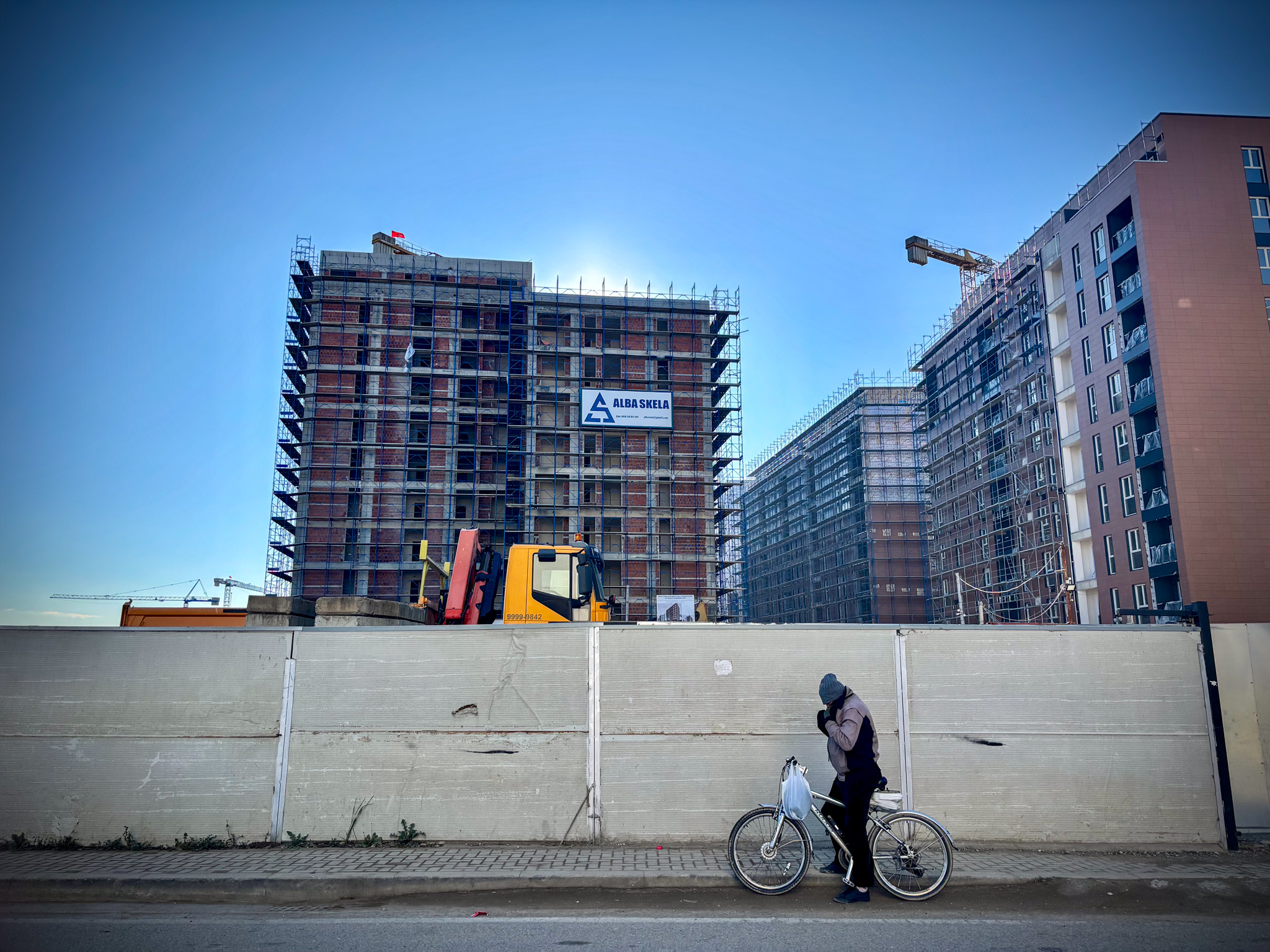|
There is no doubt that the ICTY was necessary. The scale of war crimes committed in the former Yugoslavia, and the fact that local courts were not equipped to deal with the legacy of Yugoslavia’s bloody disintegration, meant that the fight against impunity needed to begin at the international level. I want to be clear, therefore, that I am not a detractor of the Tribunal per se. What I reject is the claim that its work is aiding reconciliation.
It is my submission that the ICTY’s trials are not facilitating reconciliation, defined as the repair and restoration of relationships and the re-building of trust. Indeed, in some cases, its work has revived ethnic tensions; Croat reactions to the verdict in the so-called ‘Vukovar Three’ case and Serb reactions to the recent acquittal of Croatian generals Ante Gotovina and Mladen Markač are just two examples.
It is essential to emphasize that in the former Yugoslavia, enormous obstacles to reconciliation exist. One obstacle which particularly limits the impact of the ICTY’s work is the existence of competing ethnic ‘truths’ and colliding meta narratives. Within this hermeneutical context, those Tribunal judgements which challenge a group’s understanding of events are typically attacked and rejected. Among Croats in central Bosnia (BiH), for example, the convicted war criminals Tihomir Blaškić and Dario Kordić are regarded by many as heroes.
What makes it even easier for ordinary people to ignore the Tribunal’s findings is that there is little understanding of individual judgements or sentences, and both the ICTY and local media must take the blame for this. The ICTY has not invested enough time and energy in explaining its work to local communities, and media sources often feed their consumers only limited, frequently skewed, snippets of information. Unwelcome and poorly-understood judgements in turn nourish claims, prevalent among Serbs and Croats, that the ICTY is an unjust, biased and political court. Can such an unpopular institution aid reconciliation?
If, on all sides, there exists a widespread sense that the ICTY is prosecuting the wrong individuals – all ethnic groups maintain that their people were just ‘defending’ themselves – a strong sense of injustice has also resulted from the fact that the Tribunal has indicted only 161 people. This number makes sense in the context of the ICTY’s ad hoc status and overall rationale of prosecuting the ‘big fish’. It does not, however, necessarily make sense to people on the ground, particularly in those communities – such as Prijedor and Bratunac in BiH – where victims continue to live alongside those whom they accuse of committing war crimes.
If nobody has been punished for particular crimes, a community may consequently collectivize guilt, as in Gjakova/Djakovica in western Kosovo. The small community of Serbs who left the area in 1999 have not returned. They are no longer welcome. For local Albanians, a poignant sense of justice unseen has encouraged the view that the former Serb residents are collectively guilty for war crimes committed in Gjakova/Djakovica in 1998 and 1999. The collectivization of guilt, which runs contrary to the claim that criminal trials individualize guilt, further problematizes the argument that the ICTY is contributing to reconciliation.
Join this live debate
There is no doubt that the ICTY was necessary. The scale of war crimes committed in the former Yugoslavia, and the fact that local courts were not equipped to deal with the legacy of Yugoslavia’s bloody disintegration, meant that the fight against impunity needed to begin at the international level. I want to be clear, therefore, that I am not a detractor of the Tribunal per se. What I reject is the claim that its work is aiding reconciliation.
It is my submission that the ICTY’s trials are not facilitating reconciliation, defined as the repair and restoration of relationships and the re-building of trust. Indeed, in some cases, its work has revived ethnic tensions; Croat reactions to the verdict in the so-called ‘Vukovar Three’ case and Serb reactions to the recent acquittal of Croatian generals Ante Gotovina and Mladen Markač are just two examples.
It is essential to emphasize that in the former Yugoslavia, enormous obstacles to reconciliation exist. One obstacle which particularly limits the impact of the ICTY’s work is the existence of competing ethnic ‘truths’ and colliding meta narratives. Within this hermeneutical context, those Tribunal judgements which challenge a group’s understanding of events are typically attacked and rejected. Among Croats in central Bosnia (BiH), for example, the convicted war criminals Tihomir Blaškić and Dario Kordić are regarded by many as heroes.
What makes it even easier for ordinary people to ignore the Tribunal’s findings is that there is little understanding of individual judgements or sentences, and both the ICTY and local media must take the blame for this. The ICTY has not invested enough time and energy in explaining its work to local communities, and media sources often feed their consumers only limited, frequently skewed, snippets of information. Unwelcome and poorly-understood judgements in turn nourish claims, prevalent among Serbs and Croats, that the ICTY is an unjust, biased and political court. Can such an unpopular institution aid reconciliation?
If, on all sides, there exists a widespread sense that the ICTY is prosecuting the wrong individuals – all ethnic groups maintain that their people were just ‘defending’ themselves – a strong sense of injustice has also resulted from the fact that the Tribunal has indicted only 161 people. This number makes sense in the context of the ICTY’s ad hoc status and overall rationale of prosecuting the ‘big fish’. It does not, however, necessarily make sense to people on the ground, particularly in those communities – such as Prijedor and Bratunac in BiH – where victims continue to live alongside those whom they accuse of committing war crimes.
If nobody has been punished for particular crimes, a community may consequently collectivize guilt, as in Gjakova/Djakovica in western Kosovo. The small community of Serbs who left the area in 1999 have not returned. They are no longer welcome. For local Albanians, a poignant sense of justice unseen has encouraged the view that the former Serb residents are collectively guilty for war crimes committed in Gjakova/Djakovica in 1998 and 1999. The collectivization of guilt, which runs contrary to the claim that criminal trials individualize guilt, further problematizes the argument that the ICTY is contributing to reconciliation.










